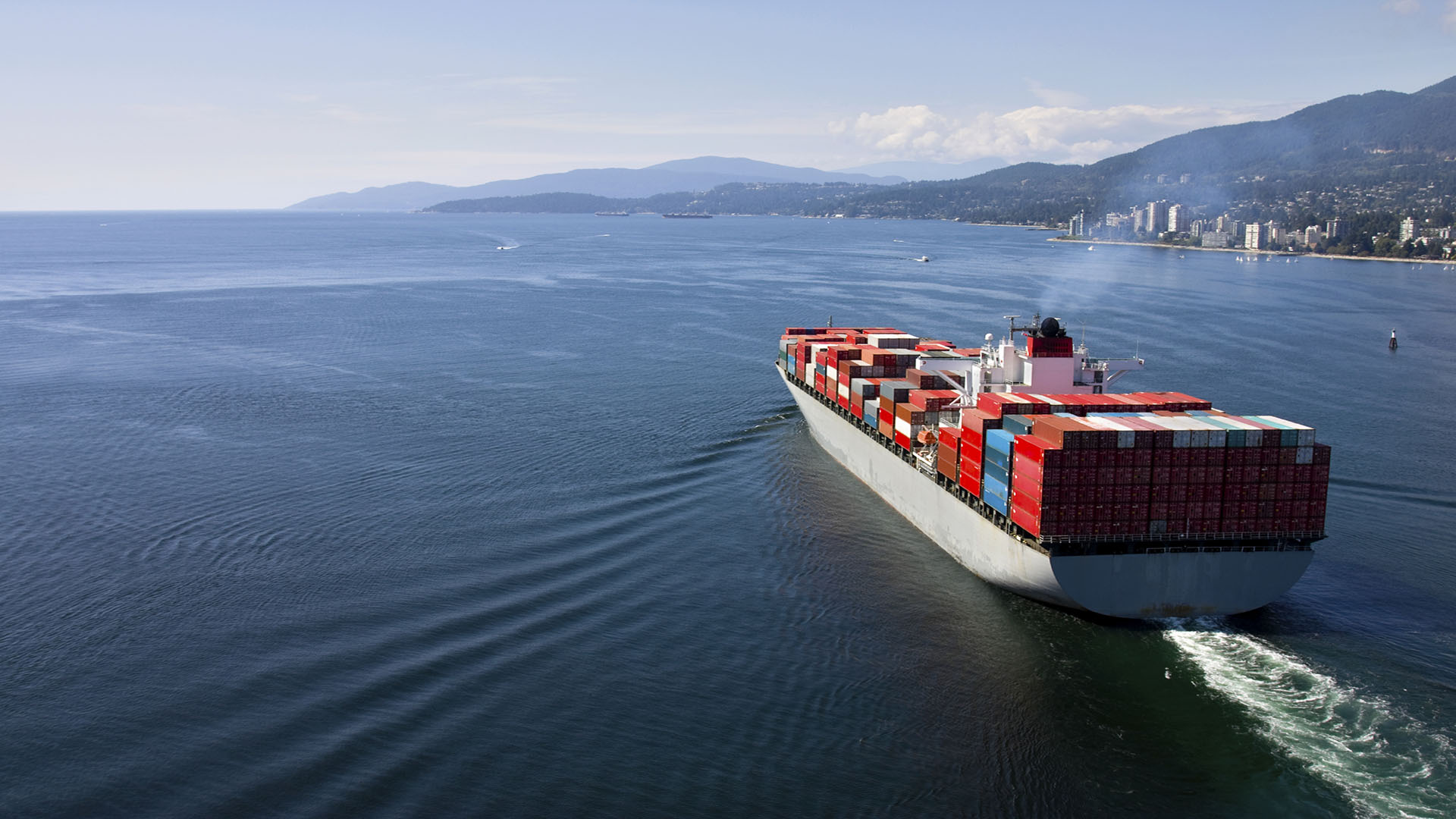
Coal cargo – additional category
By 1 January 2019 there will be a supplementary IMSBC (International Maritime Solid Bulk Cargoes Code) for cole. Then coal will not only be categorized as a chemical hazard cargo (Group B) but will also fall into Group A (liquefaction) by default following IMO Resolution MSC.426(98).
For a Group A cargo TML and FMP always need to be established by the shipper and provided to the vessel in accordance with the Code before loading.
The 2017 set of amendments (04-17) to the International Maritime Solid Bulk Cargoes Code (IMSBC Code) cargoes entered into force on 1 January 2019. The amendments include requirements for the shipper to declare whether or not a solid bulk cargo, other than grain, is harmful to the marine environment. Other amendments include updated carriage requirements for a number of specific cargoes and amendments to highlighting the responsibility of the shipper for ensuring that a test to determine the transportable moisture limit (TML) of a solid bulk cargo is conducted.
Exception – larger particles
If the particles are large enough (preventing liquefaction) it will not be a Group A cargo, but it may be difficult to get within the exception. No more than 10% can be less than 1 mm and no more than 50% can be less than 10 mm. Both criteria must be met.
Without a cargo certificate showing particle distribution that meets the criteria, we fall back on the starting point of coal automatically being a Group A cargo, requiring TML and FMP to be established for safe loading.
Practically
This means that the vessel should either receive (i) a cargo certificate that meets the criteria for the exception or (ii) be handed a “TML certificate”.
Without one of the two documents, loading cannot commence. Time will be lost, and since this is legal requirement linked with loading of cargo, vessels will likely stay on-hire, and the Time Charterers will claim against Voyage Charterers and they will in turn claim against Shippers.
Modified Proctor/Fagerberg
Testing coal for TML requires the use of a modified Proctor/Fagerberg procedure that along with knowledge also requires new equipment.
Spica (Indonesia) are making enquiries in Indonesia to see if they are making upgrades to meet the new standard.
This information was disclosed by our correspondent SPICA.
Download the information from Spica with contacts and extract from the IMO Resolution >
Member Alert is published by The Swedish Club as a service to members. While the information is believed correct, the Club cannot assume responsibility for completeness or accuracy.